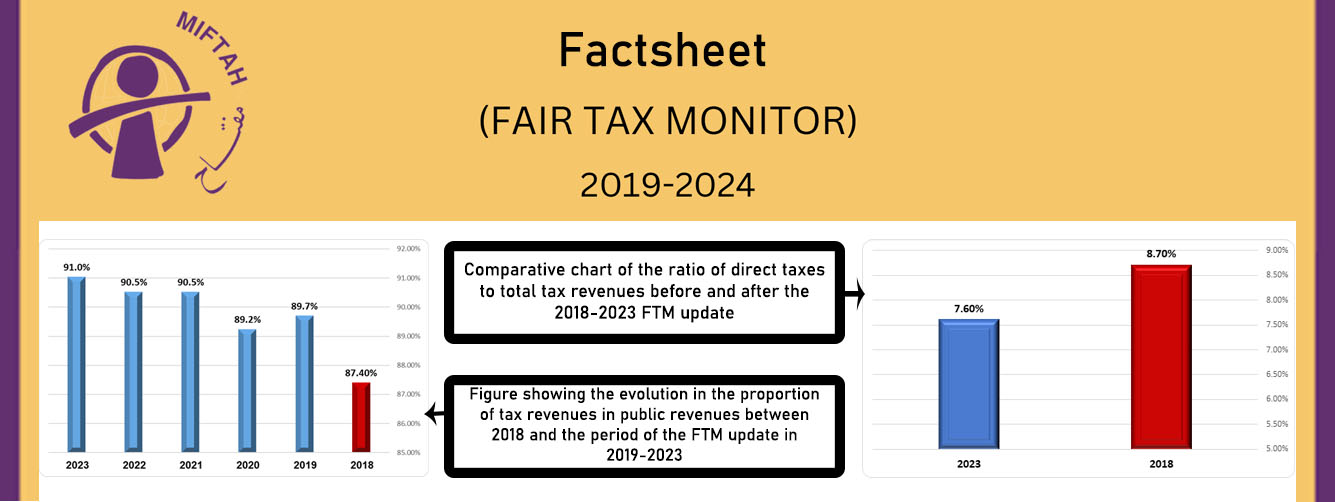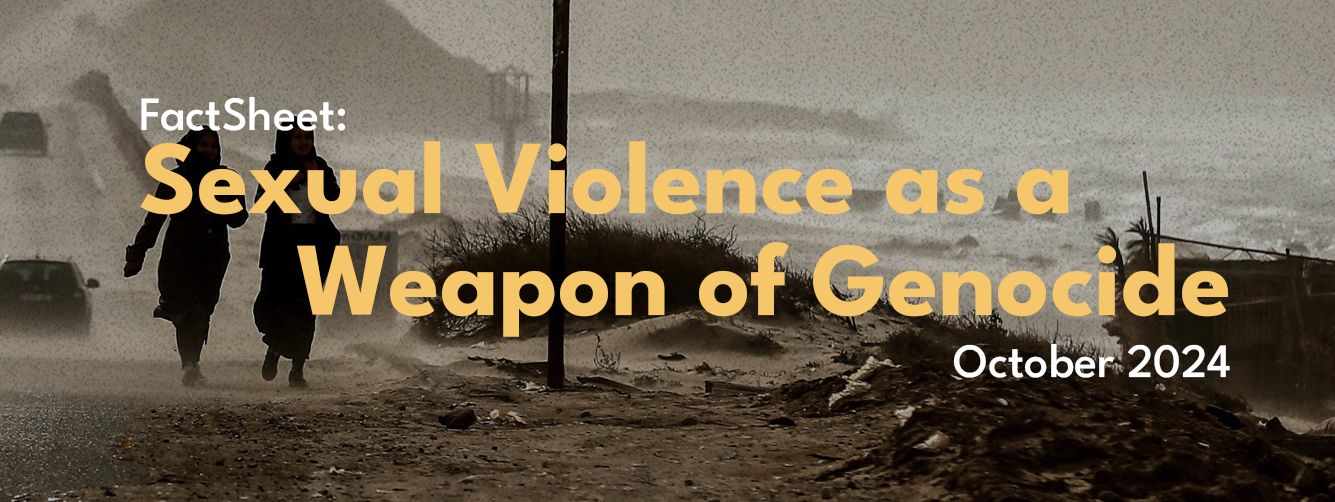- A recorded one million arrests have been made since the start of Israel’s occupation of Palestinian lands since 1948
- Today, approximately 6,500 prisoners are incarcerated in Israeli jails, including 56 female prisoners, which also includes 13 minor girls. Occupation authorities hold prisoners in 24 prisons and detention centers.
- There are around 300 children and minors in Israeli jails, distributed between the Megiddo, Ofer and Hasharon prisons.
- Veteran prisoners: This a term used for prisoners who have spent over 20 years in incarceration. There are 44 Palestinian veteran prisoners, including 29 who have been in jail prior to the signing of the Oslo Accords in 1993.
- The oldest-serving prisoners are Karim and Maher Younis from the 1948 territories, who have been in jail since January, 1983. There is also Nael Barghouthi, who has spent the longest period in Israeli jails, over 36 years, including 34 consecutive years and over two years more after Israeli authorities re-arrested him in 2014. At the time, Barghouthi was released during the Shalit prisoner swap before being re-arrested.
- There are around 500 administrative detainees currently in Israeli jails.
- Israeli occupation authorities have arrested 13 PLC members, the longest serving member being Marwan Barghouthi, who was arrested in 2002 and is serving five life sentences. There is also Ahmad Saadat, who was arrested in 2006 and is serving a 30-year sentence. Since the beginning of 2017, Israeli authorities have arrested six PLC members.
- Sick and wounded prisoners: There are hundreds of sick prisoners inside Israeli jails including 20 prisoners in the Ramleh Prison Clinic. One prisoner is Mansour Muqada from the Salfeet district who is serving a 30-year sentence.
- Prisoner martyrs: These are prisoners who were killed while being arrested by the Israeli army and also prisoners who died while incarcerated as a result of intentional medical negligence, torture or mistreatment. These total 210 cases.
- Since the start of the Aqsa Intifada on September 28, 2000, official and human rights institutions recorded approximately 10,000 cases of arrest, including 15,000 children under the age of 18, 1,500 women and around 70 former PLC members and ministers. Israeli authorities also issued 27,000 administrative detention orders. Since October, 2015, Israeli authorities have arrested 10,000 Palestinians, one-third of whom are from Jerusalem.
- Most prominent violations and methods of abuse used against children: night arrests, severe beatings in front of their parents, being shot during their arrest, handcuffed, shackled and blindfolded, delays in informing them of their right to legal aid, etc. There has been an increase in the number of wounded children while, since October, 2015, Israeli occupation forces have escalated incidents of opening fire at children during their arrest therefore causing injuries and physical disabilities, some of them permanent.
- The Palestinian Prisoner Affairs Commission has documented over 120 Knesset bills against Palestinian prisoners and more than 30 laws that are in the various stages of legislation.
- A total of 13 bills have been submitted against prisoners in the Israeli Knesset since 2015, many of which were ratified, including the law to force feed prisoners on hunger strike, which is one of the most dangerous laws that threaten prisoners’ lives. Moreover, according to the International Committee of the Red Cross and the World Medical Association, this is considered a form of torture and an unethical procedure that contravenes with professional medical conventions.
- One of these laws stipulated handing down higher sentences to children who throw stones. The law stipulates that a prison sentence of up to 10 years may be handed down to rock throwers even without a clear intention to cause harm. This law has been described as criminal and is divided into two: the first is a sentence of up to 10 years for rock-throwers even without ill intent, while the second is the crime of throwing rocks with the intention to kill, the maximum sentence for which is 20 years.
- Another is the law to raise the minimum punishment for rock-throwers in Jerusalem. This law sets the minimum at a prison sentence of two-four years, a revocation of national insurance allocations from the Jerusalemite family and forcing them to pay compensation to Israelis harmed in the incident. A current bill would lead to the indictment of the individual in question with a conviction of incitement without any actual proof of this charge. This has been considered an impingement on the freedom of expression and protest, especially for social media activists.
- The law allowing body searches without suspicion gives Israeli police the green light to conduct body searches at a whim. There is also a law allowing the trial and imprisonment of children under 14 years of age. The law stipulates that the court can try children as young as 12 but that an actual prison sentence can only begin after they reach 14 years of age, thereby setting the age of criminal responsibility at 12. A child can be arrested and interrogated and then after he/she is convicted they are sent to a closed juvenile rehabilitation center until they turn 14.
- The ‘exemption law’ exempts Israeli intelligence and police from having to conduct any audio or visual documentation of the investigation process
- Israeli criminal law is applicable in the occupied territories for settlers, which stipulates the replacement of the status quo with the application of Israeli law in the West Bank. This is all to the benefit of settlers in the West Bank so there is no ‘discrimination’ between them and the rest of the Israeli population.
- Execution of prisoners: A bill for the execution of settlers stipulates that Palestinian prisoners should be put to death under the pretext of their conviction for killing Israelis. The bill was presented by a Yisrael Beiteinu Knesset member.
- Bill to convict Palestinians without suspicion. The law allows the court to convict an individual even if there are no witnesses or without Israeli security services bringing them in. The anti-terror law is aimed at meting out severe punishment for those involved in resisting the occupation, whereby a prison sentence of 25 years can be handed down to the head of any Palestinian organization and 15 years for any person with an administrative or leadership position in that organization. The law also stipulates that the parole committee cannot submit a recommendation to the President to reduce a life sentence until 15 years after their arrest.
- The Israeli civil courts law recognizes military court rulings in the West Bank as an acceptable tool in procedures in civil courts in order to facilitate for Israeli settles to demand compensation through these courts.
- The bill to deprive prisoners of education: this law stipulates that a Palestinian political [security] prisoner does not have the right to study in higher education institutions. The bill calls for an amendment of prison regulations so as not to grant prisoners the opportunity to receive an education.
- The bill to withhold a portion of the PA’s financial revenues; this stipulates the withholding of part of the revenues equal to the size of allocations paid to the families of prisoner and martyrs.
Read More...
By: MIFTAH
Date: 20/02/2025
By: MIFTAH
Date: 15/01/2025
By: MIFTAH
Date: 09/10/2024







